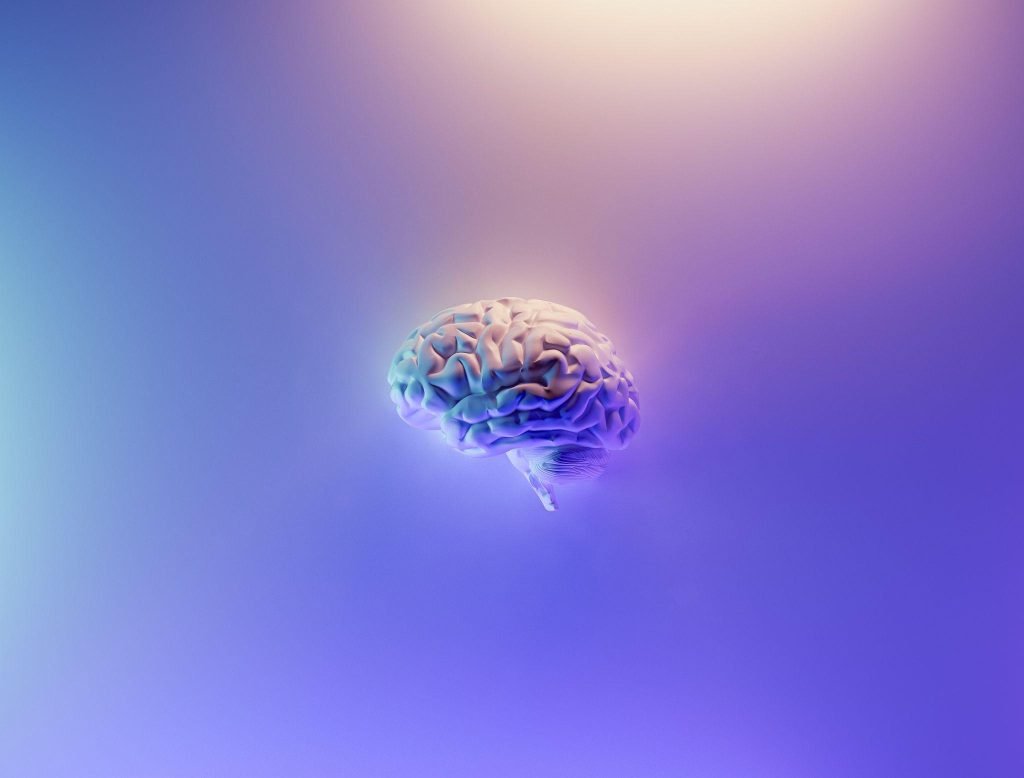Some believe chess makes one smart, while others believe only smart people play chess. Regardless of what theory to which you subscribe, chess’s impact on mental capacity is undeniable. Of all the mental advantages chess offers, we will highlight the two biggest advantages — Memory and Problem-Solving.
Table of Contents
Chess and Brain Development
According to a study published by the National Library of Medicine, the challenges to which chess exposes the brain stimulate both the left and right brain hemispheres. Each of these hemispheres is responsible for both logical and creative thinking and originality.
Further studies emphasized the impact of chess on the frontal lobe, particularly the prefrontal cortex, due to the activation of certain cognitive functions while playing. Consequently, the prefrontal cortex develops earlier (before 25) in children and adolescents to play chess, in contrast with those who do not play.
Due to the constant stimulation of the cognitive parts of the brain while playing chess, individuals above 75 are less likely to develop degenerative diseases like dementia and Alzheimer’s disease, according to The New England Journal of Medicine. Therefore, elderly people who have kept their brains active due to stimulation from playing chess are more likely to recall events and speak coherently as they age.
Practical Tips For Integrating Chess Into Daily Life
Since chess exposes chess players to more advanced cognitive development, players must seek ways to extend these mental advancements to their everyday lives. The following are practical ways to integrate chess’s benefits into daily life:
- Effective Time Management: Learning сhess teaches us that the right moves at the right time significantly increase the likelihood of yielding the best results. Therefore, when you integrate the chess concept of Tempo into your everyday life, your intuition and logical thinking propels you to use your time judiciously.
- Exercise Motivation: We have already demonstrated that scientifically, chess practice builds our mental capacity. In the same vein, we understand that exercise will build our physical capacity to strike a healthy balance between body and mind. As one of the greatest to ever play chess, Magnus Carlsen’s philosophy emphasizes the role of bodily health in mental performance.
- Improved Decision-making: Being able to calculate the outcome of a situation long before it plays out is a common perk of playing chess. This ability, applied to life, will help in making calculated decisions that serve you best. Chess teaches you that even if you have calculated for a good decision regarding a certain situation, there might be a better option you are yet to consider.
- Prioritizing Networks and Communities: You are the king of your own life. As the king, everything else around you are the pieces you must navigate to win the game. This philosophy is the reason why you must learn the importance of a strong network and community. You must also apply the ability to delegate, just as the king delegates most of its strategic heavy lifting to other pieces.
- Recognizing Patterns: Winston Churchill stated, “Those who do not learn from history are doomed to repeat it”, and no game will hammer on this statement quite like chess will. You will make the same mistakes over and over again until they become muscle memory. This trained ability of discernment will help you understand the subtleties of life and help you stay informed.
Challenges and Limitations

Although the utility of the cognitive benefits of chess is subconscious, drawing awareness to your skills can help a chess player apply these skills in real life. Some limitations behind a lack of awareness include;
- Playing strictly for fun: Playing chess, especially speed chess, strictly for fun, can diminish the philosophical prowess of the beautiful. While speed chess is not necessarily a bad thing, you must not get carried away from the deep-rooted benefits of chess.
- Lack of proper orientation: Most young players require experienced players, who have lived through the “chess” of life, to open their eyes to the benefits of chess in their everyday life.
Conclusion
Whether it is glaring for us to see or not, chess is of great significance to our mental well-being. Therefore, the sooner you develop a liking for this game, the better the capacity of your mind, but like every other good thing, chess must be managed in moderation for the best outcome.
